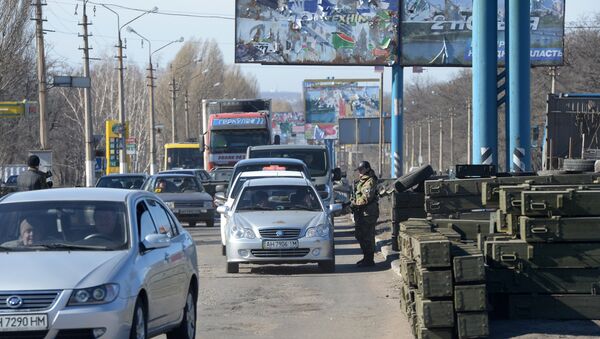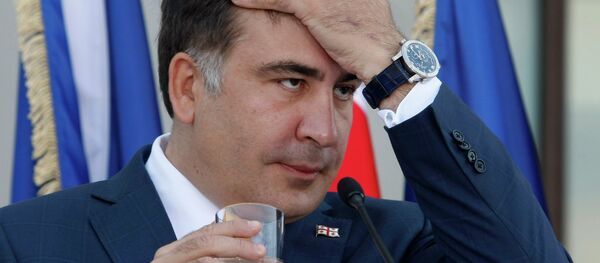"New Government regulations concerning payments of social entitlements have increased a sense of insecurity among people living in armed group-controlled territories. As they can only receive their social entitlements in the Government controlled territories, this leads to more frequent travel across the contact line as many had to renew documentation to access entitlements, including pensions. Persons also continue to cross the contact line to access health services, reunite with family members, and for their livelihoods," the OHCHR report said.
"OHCHR regularly crosses the contact line and observes queues of 150 to 500 cars. At the Maiorsk entry-exit checkpoint, people reported spending up to 30 hours in queues, often having to stay overnight in their cars between the checkpoints, without access to water, food or sanitation facilities in an area contaminated by UXOs and landmines," the report highlighted.
Zerihoun in late April urged all parties to immediately cease hostilities and adhere to the Minsk accords and other commitments made to the so-called Trilateral Contact Group that includes representatives of Ukraine, Russia and the Organization for Security and Co-operation in Europe (OSCE).
The Ukrainian conflict began when Kiev launched a special military operation in Ukraine’s southeast in April 2014, after local residents refused to recognize the new Ukrainian authorities that came to power as a result of a coup.




